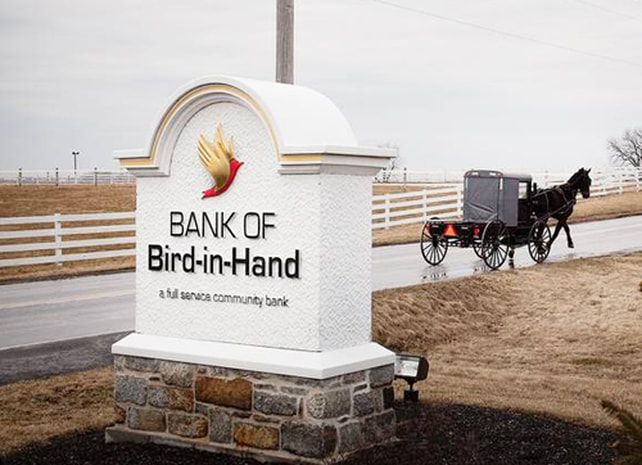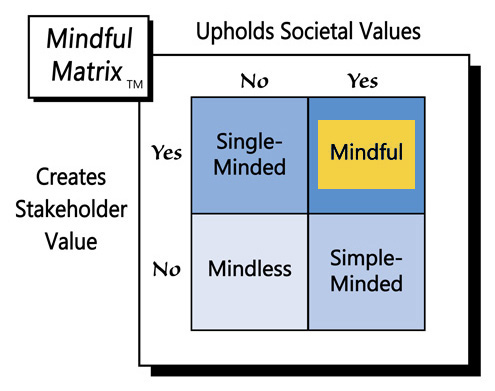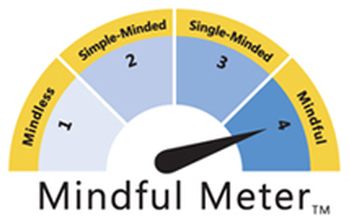The Bank of Bird-in-Hand is headquartered in its namesake town, a small rural community, composed of many Amish and Mennonite families, located about seven miles east of Lancaster. In the wake of the 2008 financial crisis, which saw many banks struggle and succumb, virtually no one was thinking of developing a new depository, except for the founders of Bird-in-Hand Bank.
In the three decades before the Dodd-Frank Wall Street Reform and Consumer Protection Act of 2010, about 100 new banks opened each year in the U.S. Since Dodd-Frank, Bird-in-Hand Bank has been the ONLY new bank in the nation to open.
Why in the world would some Lancaster County capitalists buck a trend that saw “more than half of the 18,000-plus banks opened in the mid-1980s” merge or close by the beginning January 2014? Didn’t they realize the revolution of reduction taking place in banking or hear how extraordinarily difficult it had become to secure the FDIC’s approval for a new financial institution?
Bird-in-Hand Bank’s founding President and CEO, Brent Peters and his business partners did know what they were up against. They also saw a unique opportunity to serve a special market niche. Besides a robust agricultural base, the area had “a growing collection of woodworking, tourist and specialized manufacturing businesses” that were underserved in terms of banking.
These businesses needed a local bank that understood the close-knit community and that was willing to modify its marketing to meet the unique needs of many Amish and Mennonite patrons. So, for instance, Bird-in-Hand Bank catered to its constituents by designing “a drive-through window that can accommodate a horse and buggy.”
Since its opening in November of 2013, Bird-in-Hand Bank appears to be doing well. Loan demand at the bank is very strong. As of December 31, 2014, Bird-in-Hand Bank had assets upwards of $72 million versus liabilities of about $58 million and total deposits of over $50 million—not bad for a bank with one branch in a largely agrarian community.
For itself and for its patrons, Bird-in-Hand Bank seems to be creating stakeholder value. Likewise, the Bank’s investment against-the-odds in a small, rural Pennsylvanian community, suggests strong support for societal values such as fairness, decency, and respect. In sum, those familiar with the Bank of Bird-in-Hand can confidently say “Gookamoedoe!” [Pennsylvania Dutch for “Look at that!”]—an excellent example of “Mindful Marketing.”
Learn more about the Mindful Matrix and Mindful Meter.
Check out Mindful Marketing Ads and Vote your Mind!




 RSS Feed
RSS Feed